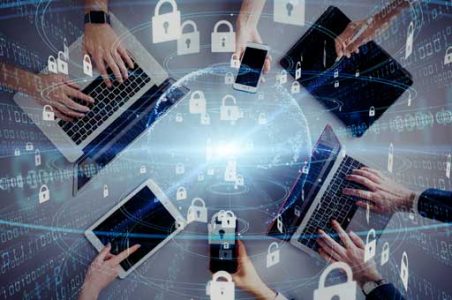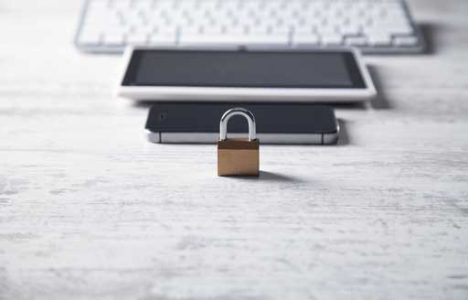In the last few years, the idea of security awareness has risen to at least being on the radar of many CIOs. However, the general concepts around this topic are not seen as important enough to many outside of the IT world. The threat of cyber-based attacks is a reality for all of us. That alone makes this a subject we all should be concerned about. It is worth our time and investment to put a good program in place.
Security Awareness is Affordable
I find that too often security implementation and its high costs are confused with awareness. This is similar to thinking that educating people on health issues is the same as treating those issues. However, there are substantial security awareness programs like Ninjio, Know Be 4, Secure ED, Security IQ, and Media Pro that are professionally created, high-quality, and cost around a few dollars a month per person. Think about those costs. A family of four could take advantage of a SA program for roughly ten dollars a month. You may laugh at the family idea but how many children now are almost always connected and have access to texts, email, and social sites?
The cost of falling into a scammer trap can quickly climb to scary heights in time and money. That risk alone should make you rethink the value of a SA program. Likewise, the fortune you save may be your own.
It Is Constantly Evolving
Even IT professionals can fall for phishing scams. Yes, read that again. Your daily work in the IT world does not make you automatically protected from scams. There is always a new scam out there, and knowledge is critical to avoiding them. For example, have you heard of scams where people buy a house and find out they did not buy a house? Instead, scammers walked off with the money. There are too many new ways for people to trick you to keep up with the latest approaches. That is where SA comes in. You have people working to inform you of the latest scams, test your knowledge, and even test that you paid attention to the material.
How Does It Work?
At this point, I hope you are at least considering checking out some security awareness programs or asking your IT leadership to do so. That means you are wondering what to expect with such services. The good and bad news is that they are all very similar. That is good because of so many excellent options. It is bad because it can be hard to choose. Most programs send material on roughly a monthly basis. This is often an email of some sort, and most include a video tutorial that goes over the latest things to look for. This may seem tedious and boring. However, the videos are usually ten minutes or less and can be highly entertaining. Some are even produced by entertainment writers like those that put together the shorts on Saturday Night Live and similar television shows.
The videos/content is just part of a good program. You will also periodically be sent phishing emails, phone calls, or texts to help expose you to the kind of things to watch out for. If you fall for the scam, then you are sent a “you should not have clicked” form of email or message that educates you on how to avoid such things in the future. This combination of educational material and practical testing has been shown to reduce the effectiveness of all forms of scams dramatically.
I Want To Learn More
Here are a few links to help you get up to speed on security awareness programs and vendors.
https://www.itgovernanceusa.com/security-awareness-program
https://www.infosecinstitute.com/iq/awareness/
https://www.mediapro.com/security-awareness-trainingpack/


